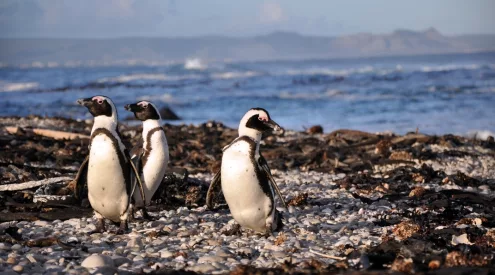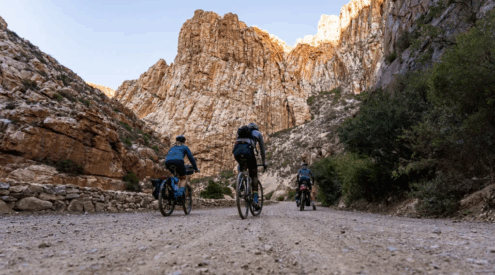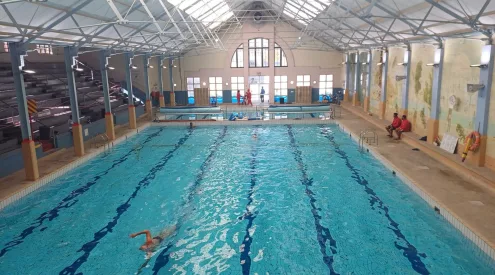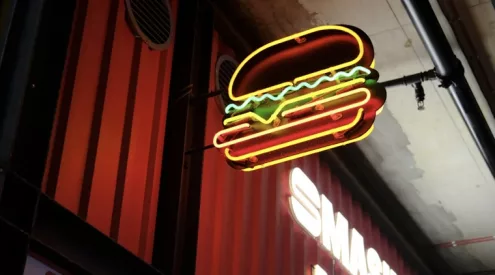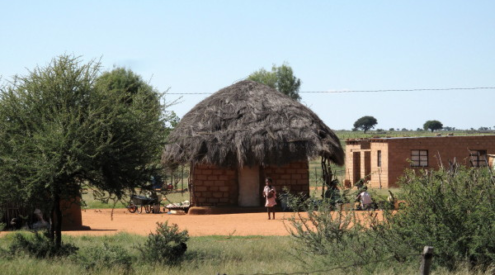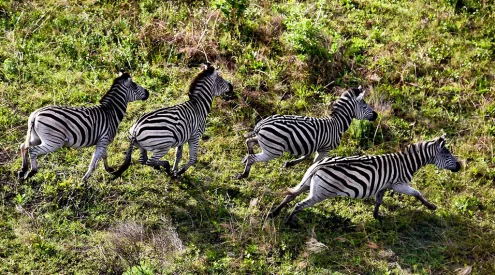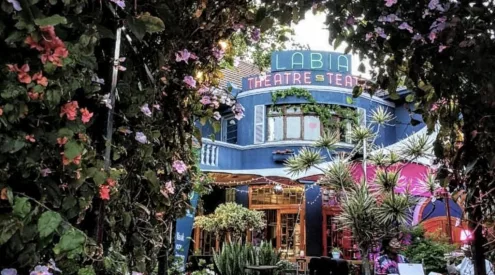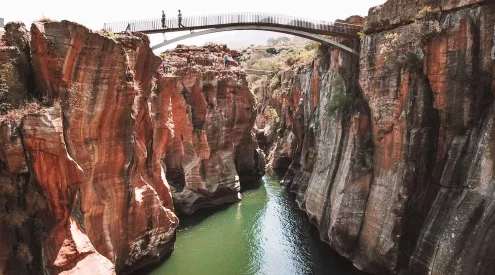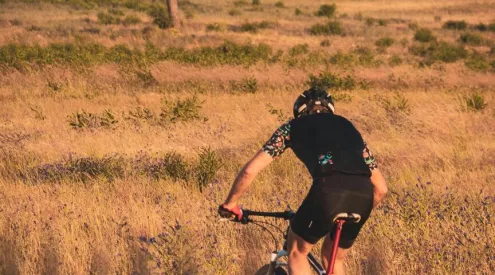If you didn’t know either of us very well, you might have thought that this was strategically planned from the very conception of our cycling route from London to Cape Town.
However, due to our somewhat ‘liberally fluid’ attitude towards setting a definite and structured itinerary, we can assure you this was not. On parts of our trip, we have been blessed with the reality of not being able to cycle more than 100 meters without being flanked by sweet, life-giving vines. From France‘s Loire Valley, boasting the likes of Sancerre and Pouilly-Fume (completely alien to us as well), through to Burgundy, up along the north bank of Lake Leman and the Rhone Valley in Switzerland and finally through the green slopes of northern Italy; it seems that through our free travels we have completely obliviously stumbled upon a regular vino Mecca.
It would, of course, be borderline rude to not have dabbled in a wee bit of sampling. So, from the budget destroying (the irony of skimping on day-to-day essentials, and then spending heavy of R200 on a single bottle – priorities must), to the bargain buckets – tasted we have. We have been taken in, well oiled and fed by strangers; enjoyed the fine and the less refined in fields, cellars, and hill top towns – and through it all, a little theory has begun to take shape. We have named it: the theory of the four Ws.
Now, we apologise in advance to all those seasoned grape scholars; sporting self-professed honed palates that can masterfully ‘blind test’ their way to a fine wine – however, we feel that for us, the blissfully ignorant yet enthusiastic travelbonding drinker, there is a far more suitable and emotive way in judging the award-winning from the vinegar.
The four components of a good wine? – WHAT, WHEN, WHERE ,WHO.
Simple. We think than an even 25% should be fairly attributed to each:
The WHAT – the stuff that’s actually inside the bottle. Clearly this is a pretty important component – but really, the ability to accurately and repetitively distinguish between a very drinkable and a supremely priced bottle? maybe one day, but taste buds need sufficient refinement.
The WHEN – is it a special occasion, a memorable moment, the end of a long day in the saddle? timing and circumstance certainly play immeasurable roles.
The WHERE – the old additive of location, location, location. We reckoned that you might be able to slip in ‘weather’ under this ‘W’ as well. Amazing what a bit of sun and a stunning vista can do to your palate.
The WHO – perhaps the most important of them all. ‘Sharing a drink they call loneliness’ – cheers Billy Boy, but its not better than drinking alone. It is completely made by the company you can ‘salute’ to and talk rubbish with. Like any liquid, it has remarkable aggregative powers.
So here’s to the un-awarded and the bottom-shelf dregs; to the home-brews, and the overly-priced but thankfully not self-purchased. You are all 25% important. But more importantly, here’s to enjoying wine for what it truly is – the 75% that has absolutely nothing to do with wine at all.
Sounds beautifully unsophisticated to us.

